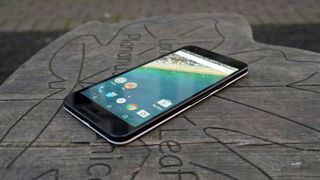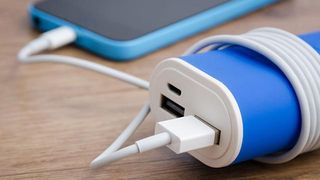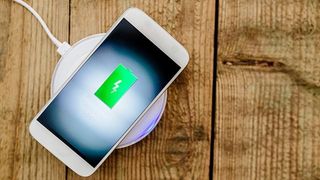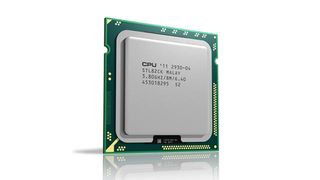7 Smartphone myths that refuse to die
Don't believe them

Smartphones have become extremely common today, almost all of us own at least one of them. While some prefer Android smartphones, there are those who are very loyal to the iPhones and refuse to switch to any other company. Just like every other piece of technology, there are some false ideas surrounding smartphones too.
Even though smartphones have evolved a great deal, these are myths that just refuse to die. Here are some of 7 of the biggest smartphone myths.
(Slideshow Images: Thinkstock)
1/7 Task Killer helps speed up your smartphone.

There is a myth that has been circulating for a long while now. Closing all the apps or using a task killer to remove apps from your smartphone RAM is rumored to speed up your device. In reality, these apps freeze in the background when you are not using them and only use tiny amount of memory.
These are cached in RAM so that you can open these apps quicker the next time. Removing apps that are not in use from RAM will only slow down your phone.
2/7 Your phone battery gets damaged if you overcharge it.

There is absolutely no harm in leaving your phone on charging overnight. This is because smartphones, nowadays, are designed in a way that they can protect themselves against overcharging. The co-founder of Farbe Technik, Shane Broesky, said, “Your phone is very smart. Once it’s fully charged, it knows when to stop the current from coming in to protect (itself) from overcharging”. However, there is a kernel of truth to this myth.
Charging your phone battery will increase its temperature, which in turn will increase the temperature of your phone. Serious damage can occur if your phone is in a closed space such as under the pillow when you are charging it overnight.
Get daily insight, inspiration and deals in your inbox
Get the hottest deals available in your inbox plus news, reviews, opinion, analysis and more from the TechRadar team.
3/7 Only use the charger that came with your smartphone

Most of the modern smartphones use standardized USB chargers, which means that you can use any USB charger that provides enough power to your smartphone.
Even if the charger that you are currently using is more powerful than your previous charger, there is no harm in it. Your smartphone is ‘smart’ enough to draw only the amount of power that it needs to charge.
4/7 More megapixels translates into better quality pictures...

More megapixels doesn’t always mean better quality, there are other things that are more important like the image processing software, and the overall quality of the lens and the sensor.
5/7 You need to use a screen guard to protect your smartphones...

It is true that screen protectors or guards were useful in the past, however, modern smartphones utilize technologies like Gorilla Glass to make their screens. Gorilla Glass is a glass that is extremely scratch resistant, therefore, it is no longer necessary to use screen guards to protect your screens.
6/7 Multi-core processor smartphones are faster

When it comes to processors, you should be looking at its quality and not the quantity. If you compare any Android 8-core processors with the dual-core processor in Apple iPhone 6S, you will realize that the iPhone is faster. The speed of the processor only contributes a little bit to your smartphone's speed.
7/7 Android phones are packed with viruses and malware

For some reason, Android phones have got a bad reputation when it comes to malware. However, it is important to remember that there are only a few smartphones that are infected by malware.
As long as you are downloading your apps from Google Play, you should be fine. You should only be on your guard when you are installing pirated copies of payable Android apps.
Most Popular
